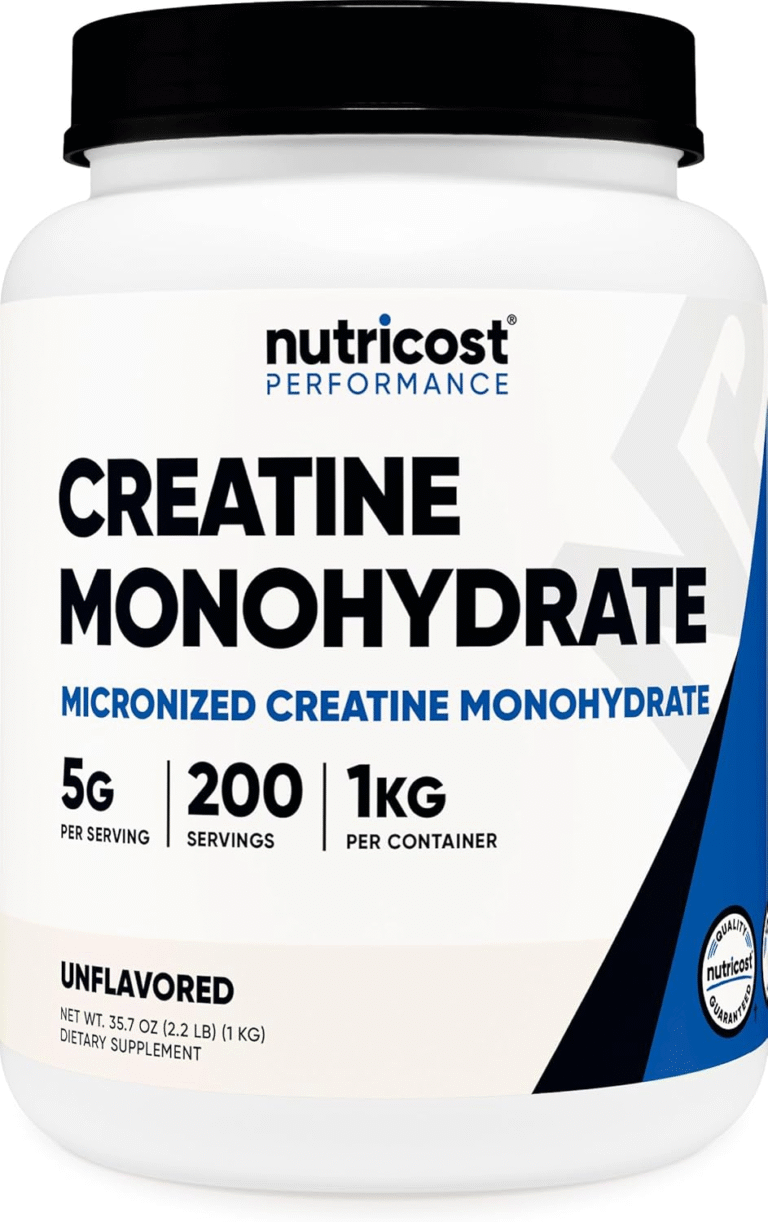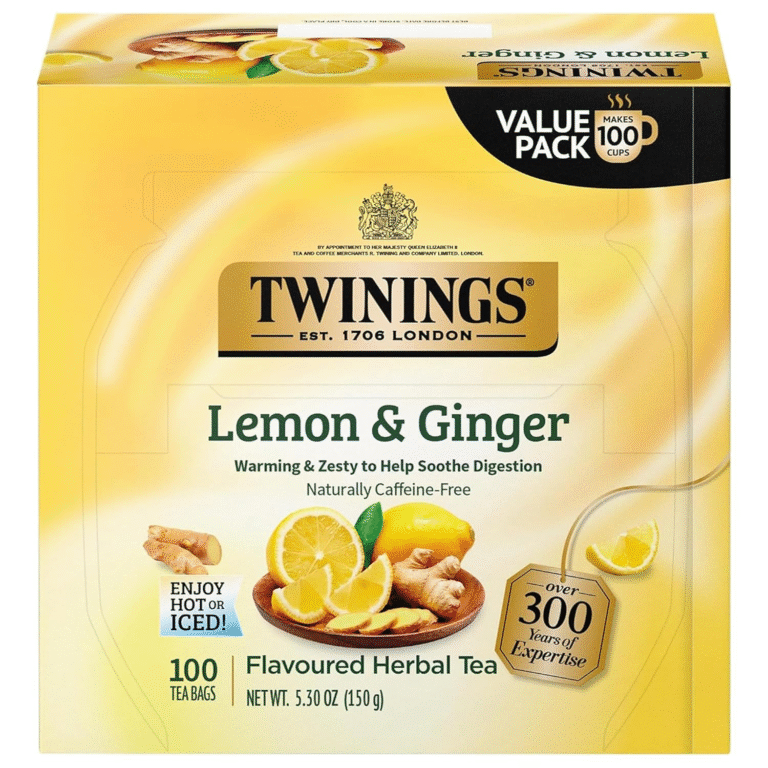Best Supplements for Managing Uric Acid Levels
High uric acid levels, known as hyperuricemia, can lead to painful conditions like gout, where urate crystals build up in the joints, causing inflammation and severe discomfort. While lifestyle changes like a low-purine diet and hydration are foundational, certain supplements may help lower uric acid production, improve excretion, or reduce inflammation. Based on recent research and expert recommendations, here are the top five evidence-backed supplements. Always consult a healthcare provider before starting any supplement, especially if you have underlying conditions or take medications.
1. Vitamin C

4.7 out of 5 Ratings
Vitamin C, an essential antioxidant, supports kidney function and may enhance uric acid excretion by competing for reabsorption in the renal tubules. Studies suggest it can modestly reduce serum uric acid levels, potentially lowering gout risk.
Key Benefits:
- Reduces uric acid by up to 0.5 mg/dL with consistent use.
- Supports immune health and collagen production for joint repair.
- Widely available and affordable.
Evidence: A 2009 study of nearly 47,000 men found higher vitamin C intake correlated with a lower gout risk, with benefits increasing at doses of 500–1,500 mg daily. More recent Mayo Clinic guidelines affirm its role in gout management.
Recommended Dosage: 500 mg daily, split into two doses to avoid stomach upset.
2. Tart Cherry Extract

4.7 out of 5 Ratings
Derived from Montmorency tart cherries, this supplement is rich in anthocyanins—potent anti-inflammatory compounds that inhibit xanthine oxidase, the enzyme responsible for uric acid production.
Key Benefits:
- Lowers uric acid levels and reduces gout flare frequency by up to 50%.
- Eases joint pain and swelling during attacks.
- Natural source of antioxidants for overall cardiovascular health.
Evidence: Two 2012 studies showed consuming cherry extract (equivalent to 45–60 cherries daily) halved recurrent gout attacks over four months. It’s consistently recommended in 2025 gout protocols for its dual action on uric acid and inflammation.
Recommended Dosage: 500–1,000 mg of extract (or 8–16 oz of tart cherry juice) daily.
3. Celery Seed Extract

4.6 out of 5 Ratings
Celery seeds contain luteolin and other flavonoids that act as natural diuretics, promoting uric acid elimination through urine while curbing inflammation.
Key Benefits:
- Supports kidney detoxification and fluid balance.
- May reduce uric acid buildup in joints.
- Helps with bloating and water retention common in gout sufferers.
Evidence: Animal and preliminary human studies indicate celery seed lowers uric acid by inhibiting its formation and enhancing excretion. It’s a staple in many commercial uric acid formulas for its synergistic effects with other herbs.
Recommended Dosage: 75–150 mg of standardized extract daily, with meals.
4. Quercetin

4.7 out of 5 Ratings
A flavonoid found in onions, apples, and berries, quercetin is a potent xanthine oxidase inhibitor, similar to prescription gout drugs like allopurinol, but with added anti-inflammatory properties.
Key Benefits:
- Directly targets uric acid production enzymes.
- Boosts antioxidant defenses against oxidative stress in joints.
- May improve allergy-related inflammation that exacerbates gout.
Evidence: Combined with bromelain, quercetin has shown promise in reducing uric acid in clinical formulations. 2025 reviews highlight its role in integrated gout plans for natural enzyme modulation.
Recommended Dosage: 500 mg daily, often paired with bromelain for better absorption.
5. Turmeric (Curcumin)

4.6 out of 5 Ratings
The active compound curcumin in turmeric offers powerful anti-inflammatory effects by blocking NF-kB pathways, while also potentially aiding uric acid metabolism.
Key Benefits:
- Reduces joint inflammation and pain during flares.
- Supports liver health for better toxin clearance.
- Enhances mobility without the side effects of NSAIDs.
Evidence: Mouse studies demonstrate turmeric nanoparticles significantly lower uric acid levels, with human trials ongoing into 2025. It’s frequently included in gout supplements for its broad anti-arthritic benefits.
Recommended Dosage: 500–1,000 mg of curcumin (with black pepper extract for bioavailability) daily.
Final Thoughts
These supplements—Vitamin C, tart cherry extract, celery seed, quercetin, and turmeric—offer a natural toolkit for managing uric acid, backed by a mix of clinical studies and traditional use. However, they’re most effective alongside a balanced diet low in purines (e.g., avoiding red meat and alcohol) and regular exercise. Monitor your levels with blood tests, and remember that supplements aren’t a substitute for prescribed urate-lowering therapies like allopurinol. If you’re experiencing gout symptoms, seek personalized advice from a rheumatologist to tailor your regimen safely. Staying proactive can help you reclaim comfort and mobility.



